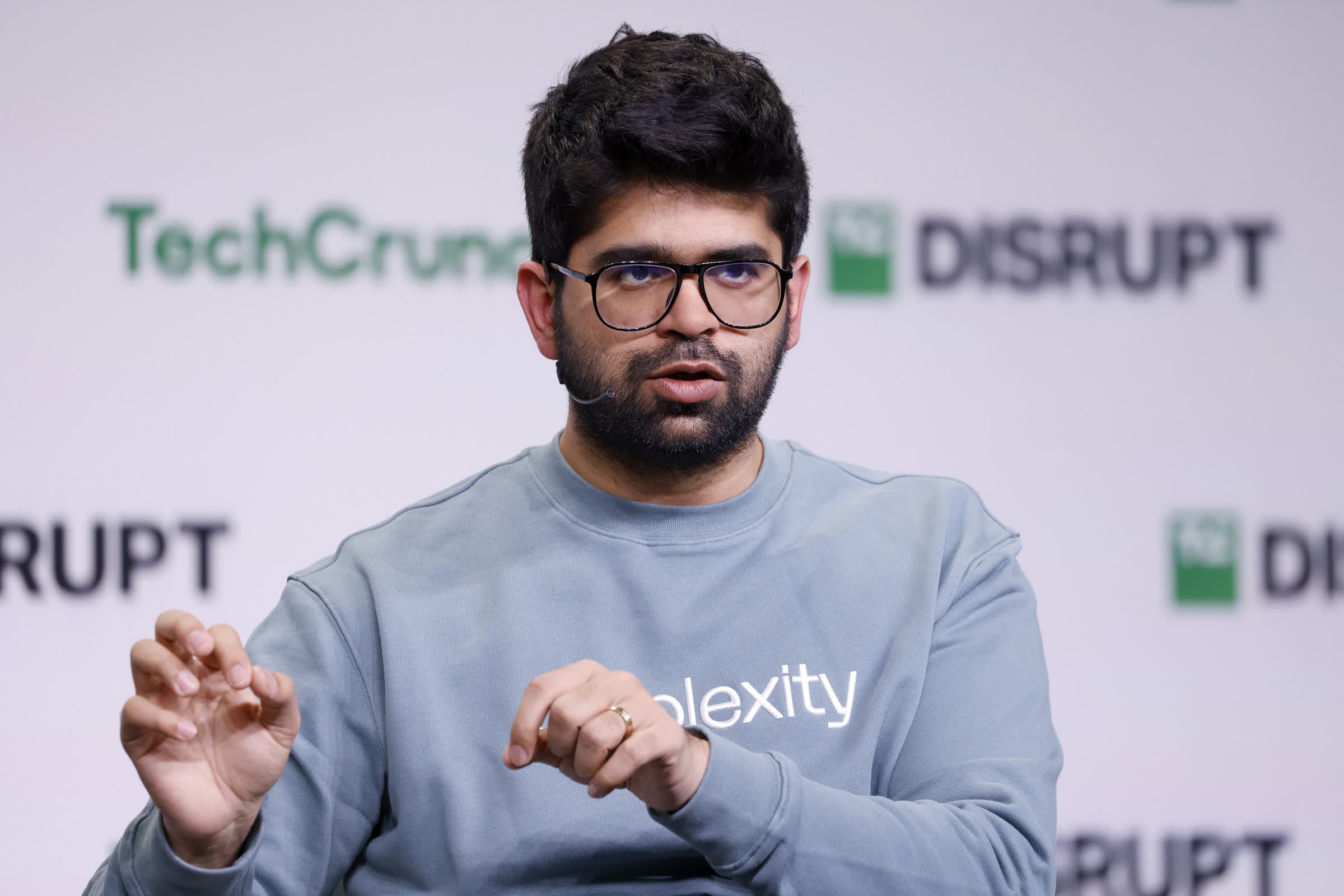Big quote: As artificial intelligence rapidly evolves, companies must navigate a landscape marked by fierce competition, where imitation is a common challenge. Perplexity CEO Aravind Srinivas, addressing students at Y Combinator's AI Startup School, offered a stark warning to young entrepreneurs: "They will copy anything that's good."

Standing before an audience of aspiring founders, Srinivas underscored the importance of unwavering commitment. He advised, "work incredibly hard," acknowledging both the opportunities and risks in building something new.
According to Srinivas, if a startup uncovers a business model capable of generating hundreds of millions or even billions of dollars in revenue, larger players will inevitably take notice. "If your company is something that can make revenue on the scale of hundreds of millions of dollars or potentially billions of dollars, you should always assume that a model company will copy it," he said.
Srinivas explained the pressures driving this behavior. "They raise like tens of billions or close to 50 billion and they need to justify all that CapEx spend, and they need to keep searching for new ways to make money," he said. "I think you got to live with that fear."
Perplexity emerged in December 2022 as an "answer engine," aiming to provide clear and concise responses sourced through live web searches. This represented a departure from the prevailing approach at the time, in which chatbots could only draw on limited information collected during their initial training period, which was often several months out of date.

Within months of Perplexity's launch, Google's Bard – now rebranded as Gemini – introduced web-crawling features as well. In May 2023, OpenAI's ChatGPT added browsing capabilities, and Anthropic's Claude gained real-time web search in March 2025.
Jesse Dwyer, Perplexity's head of communications, described what it feels like to compete against tech's biggest names. In a message to Business Insider, Dwyer asserted that large companies do everything they can to drown out your voice.
The rivalry now extends beyond chatbots. On July 9, Perplexity introduced its web browser, Comet. That same day, Reuters revealed that OpenAI was developing a browser to challenge Google Chrome. Dwyer added a note of caution about this new browser "arms race," saying that browser wars ought to benefit users, but if users end up losing, it will likely be due to monopolistic tactics by a dominant "everything company" imposing its product on the market.
For Dwyer, the risks are clear, noting that any browser developed by OpenAI would essentially be similar to Google's.
With major technology companies regularly incorporating innovations discovered at startups, Perplexity's leaders have little doubt that imitation is a fact of life in today's AI sector.
Perplexity CEO's warning to startups: big tech will "copy anything that's good"